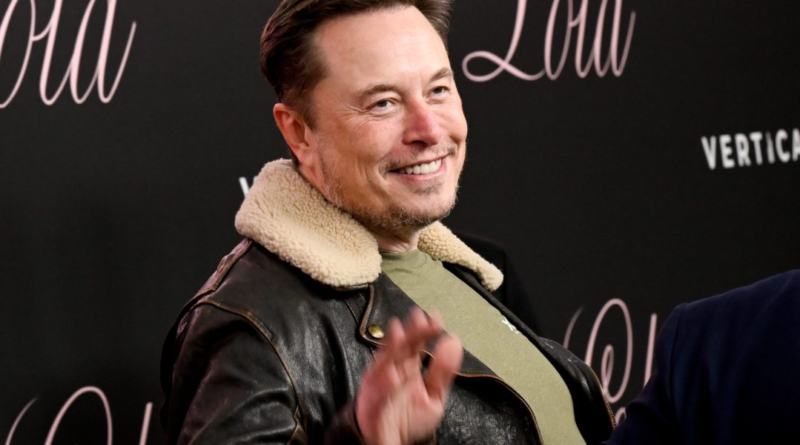Elon Musk weighs in on U.S. national debt debate
Elon Musk, the world’s second-wealthiest entrepreneur, has finally added his two cents to the divisive debate around U.S. national debt.
Uncle Sam is drowning in a $34 trillion debt owed to creditors worldwide, surpassing the annual output of the entire U.S. economy by over 20%.
In the past, this might only have attracted the attention of government watchdogs like the Peterson Foundation, but the post-pandemic bout of inflation changed all that.
With the Federal Reserve’s rapid tightening last year and the likelihood of prolonged higher rates, starting in 2024, the interest burden to service the debt is poised to hit a historic high as a percentage of the economy.
The growing mountain of debt has now finally caught the attention of X owner Musk, who took a moment out of his otherwise busy schedule trashing Bob Iger’s Disney to voice his alarm.
“U.S. national debt growth is unsustainable,” the Tesla CEO posted on Monday.
The terse judgment came in response to a monthly statement by the U.S. Treasury showing the $357 billion in interest payments had easily eclipsed the $283 billion spent on the country’s military and defense in the ten months of the 2024 fiscal year through January.
Time for an ‘adult conversation’ on Capitol Hill
Musk is by no means the first to warn action must be taken.
JPMorgan’s Jamie Dimon, Bank of America CEO Brian Moynihan and economic commentator Nassim Nicholas Taleb all in turn expressed deep concerns.
Last Sunday, Fed chair Jerome Powell urged Washington it must finally hold an “adult conversation” on the subject.
The problem is Beltway politicians have never been more divided and unwilling to compromise—even before January’s Iowa caucus officially kicked off what will likely be year-long political paralysis in the run-up to the election in November.
That’s why Fitch already downgraded the federal government’s credit rating last summer as a result of intractable divisions on Capitol Hill, following Standard & Poor’s groundbreaking cut in 2011.
Should Moody’s follow, as is likely, it would conclusively mark the end of the sterling AAA rating for U.S. sovereign bonds.
However, neither the Big Three rating agencies—nor even Powell for that matter—enjoy the same credibility as Musk from many Americans, in particular conservatives, who credit him with growing Tesla and SpaceX into successful, industry-leading multinationals.
“When you add unfunded obligations [e.g. social security & medicare], plus state and local debt,” he wrote last month, “government debt will soon exceed $100 trillion!”




